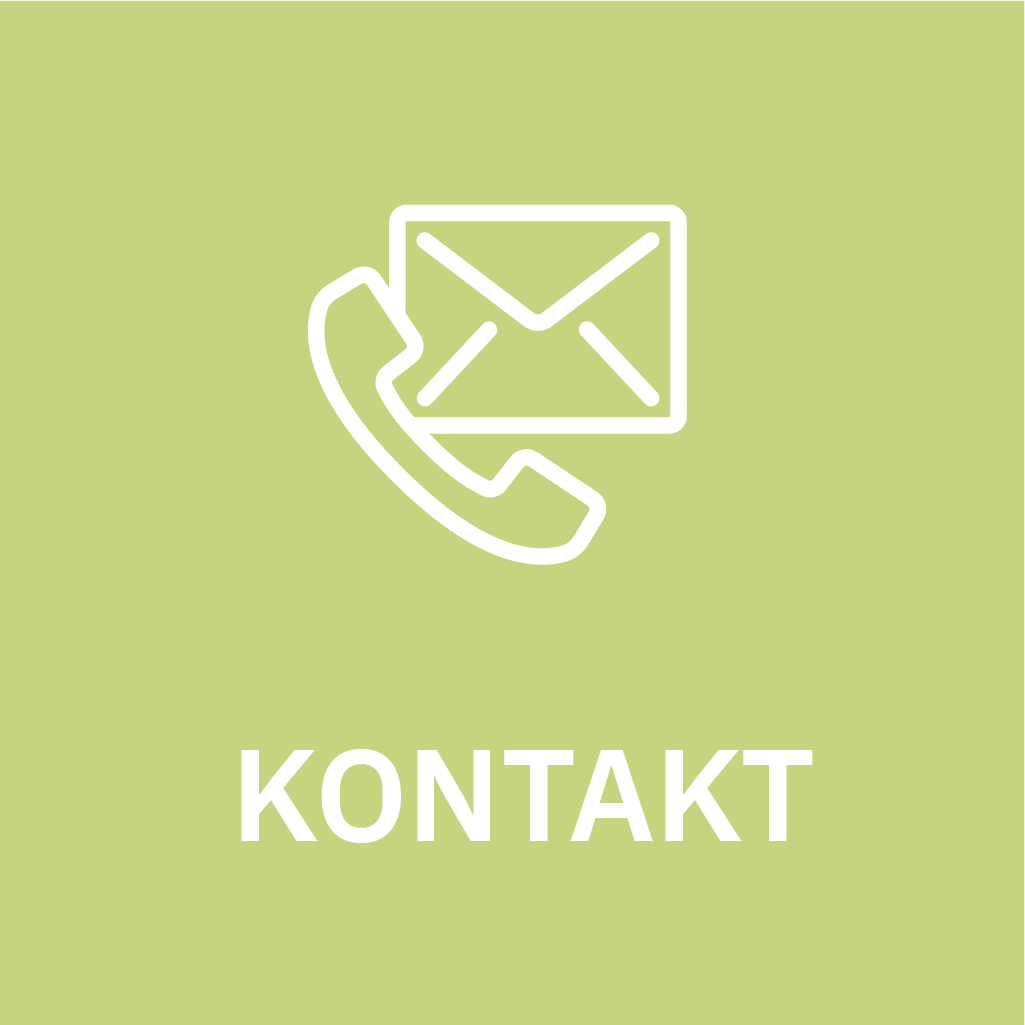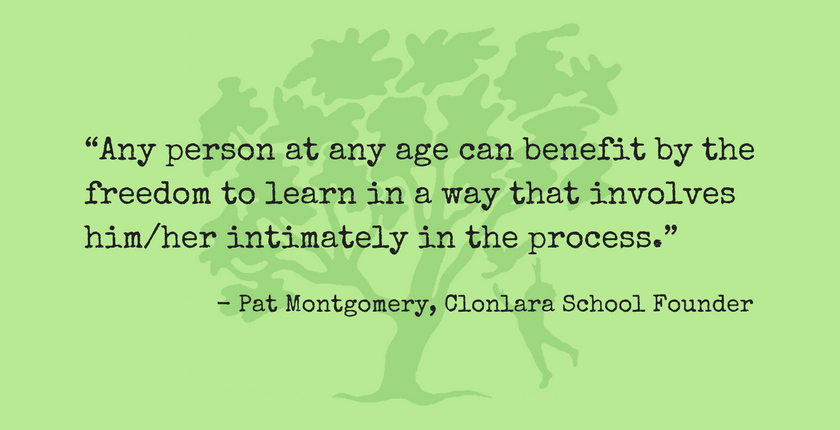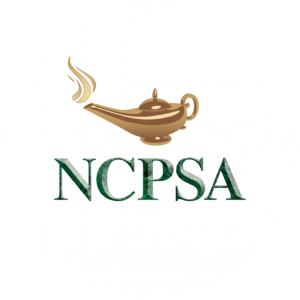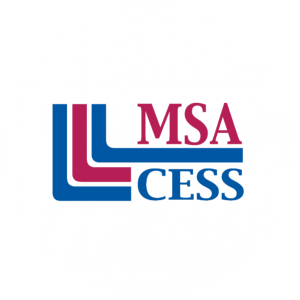By Pat Montgomery, Founder
Editor’s Note: From time to time, we’ll “look back” through our archives to share articles that are as relevant today as when they were printed. In this piece that was originally published in the December 1990 issue of The Learning Edge, Clonlara’s founder offers support and encouragement to anyone who wants to take ownership of their learning.
I recently read a newspaper article with “The New Workplace” as a subtitle. It featured a Wisconsin, family-owned sausage company—Johnsonville Foods—where “workers reign supreme. They hire and fire each other, buy equipment, and write budgets. They are their own bosses.” (Prior to making that change, the workers ran a forklift truck into a wall and made numerous other costly errors.)
The owner turned the operation over to the workers because he considers himself a pragmatic guy. “Teach people to do for themselves” so that their performance is tops, he figured. The “run-it-yourself” philosophy is spreading across corporate America, the article stated.
Look at that! They are playing our tune even in hard-nosed, no-nonsense business settings. It is small wonder, then, that the approach works so beautifully when education is the focus—as in “home-based education.” The Clonlara School Home-Based Education Program [now called the Off-Campus Program] is as close to a do-it-yourself operation as a home education/private school can be. The idea is as old as the adage about leading a horse to water.
Whether we are talking about a parent, a teacher, or a student the principle is the same. If a person actually takes ownership of his/her own actions, the results are completely different from being lead around by the carrot and the stick approach (or worse) so common in public schools and in conventional private schools.
One major message we are attempting to convey to parents, teachers, students is: “This is your education. This is your life. What you do with your time will mainly benefit you in the long run. Take responsibility for it. Get every ounce of good you can out of it. We can assist, but the choices are yours to make.”
This is not to say that the task is easy. We are each fraught with doubts: Is this the best choice to make? Will this get me where I want to go? Are there not better choices I could make? These are all natural misgivings. We do well to heed them and to make adjustments as we go—to learn by our errors, and not to repeat the same mistake over again. Making allowances and adjustments as we go is the stuff of learning and developing and growing. This is the “loneliness of the long distance runner,” the intensity of the serious scholar, the ownership of one’s own life and one’s own behavior.
It is not just for the young person in the home to learn; it is for every person present, this growing and trying and testing one’s limits. Any person at any age can benefit by the freedom to learn in a way that involves him/her intimately in the process. We need not have our intelligence insulted by being told what to learn, when to learn it, and how to learn it; not even when the “teacher” is a kind, good-hearted, well-meaning soul.
John Holt warned against “uninvited learning” in the recently published Learning All the Time. That’s a big part of this concept of taking hold of one’s own learning—whether one is young or older.
The newspaper article cited the “payoff” to companies that follow the lead of Johnsonville Foods: better quality, reduced costs, and greater efficiency. “It’s one of those rare situations where everyone wins,” said one company president. “The more you have a sense of autonomy, the happier a camper you are, “ he concluded, “…this philosophy won’t work everywhere—it’s pointless in FACTORIES WITH SIMPLE REPETITIVE TASKS (capitals added for emphasis and to make the too, too obvious contrast between what can happen in homes and what does happen in schools).
So, for all of you out there in [Clonlara’s Off-Campus Program], the “new workplace” is your home where education is a non-stop, no-holds-barred activity. Lean on us here at Clonlara School for all of the assistance (guidance, support, shoulder-to-cry-on, etc.) that you and your student require. We have been at this participant involvement, “ownership” business for many a year now; we are pleased to share our experiences and your load. Doing so makes us a TEAM with you in your new workplace.
(The article referenced was in the Ann Arbor News, Dec. 2, 1990. It was from an AP story by Sharon Cohen entitled, “Companies try making workers boss.”)
What does taking “ownership” of learning mean to you and your family? Share your experience and advice for others in the comments below.







